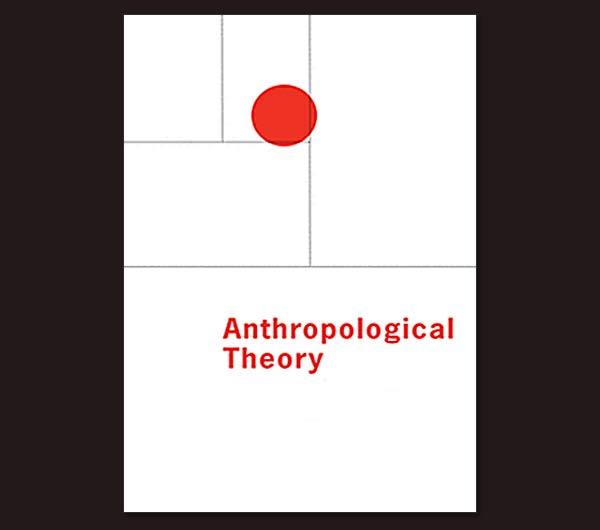
Published: Thursday 1 January, 2004
This article begins by interrogating the problem of the global and the local in anthropology, and asks how their interconnections might be theorized. When anthropologists call for an examination of the global in concrete terms, they often fail to appreciate the place of ‘concept-metaphors’ whose purpose is to maintain ambiguity and a productive tension between universal claims and specific historical contexts. ‘The global’ is just such a concept-metaphor, a space of theoretical abstraction and processes, experiences and connections in the world, important not only to social scientists but now part of most people’s imagined and experienced worlds. In this article, I examine pre-theoretical commitments common in anthropology that emphasize ‘the local’ via participant-observation, which becomes elided with ethnography. I suggest that anthropology begin to ‘methodologize’ the relation between the global and the local by reviewing several approaches to these problems.


